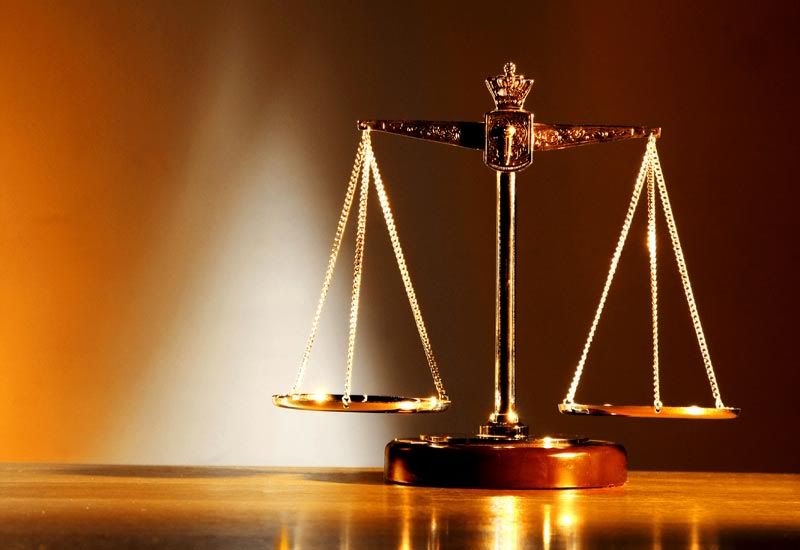
Times are tough on the economy nowadays. The prices of goods steadily increase but you may not be getting enough in return. You may end up with a pile of debts, eventually. All debts have to be paid and foreclosure comes as one of your options.
Now, what is foreclosure? Simply put, foreclosure is a legal procedure through which a bank, a mortgage group, or a lender or creditor takes possession of a property (usually a home), to compensate for your unpaid loans and mortgages. It occurs when your fail to pay mortgages and property loans, until they build up to a huge amount.
Foreclosure also happens when you fail to pay property taxes, or when you secure a loan from a bank using the house as collateral, but fail to pay off the loan on time. At the end of a foreclosure proceeding, you may lose the rights to the property foreclosed. On the other hand, you can avoid foreclosure by filing a court case.
Subprime foreclosure comes as your most ideal option if you don?t have a good credit record. It involves properties that are considered to have had a higher credit risk during the lending process. If you do not have strong credit histories are usually considered to hold subprime properties, and have higher chances of experiencing subprime foreclosure on their properties.
Subprime foreclosure works similarly to other foreclosures, except that in subprime foreclosure, the primary difference is in the value of the property. Prime properties, or those owned by debtors with good credit ratings, have lower risks of going on foreclosure than subprime properties. Subprime foreclosure can be avoided if you work on improving your credit records, ensuring that your mortgages are paid in the process.
Another foreclosure is default foreclosure. Default foreclosure happens when you default on property mortgages. To default means you failed to abide by the terms and conditions of the mortgages, and this is usually the failure to pay. When this occurs, you property can go on default foreclosure, which yields you a higher chance of losing your property to default foreclosure. When you receive a NOD (or a Notice of Default), this means that the lender has to pay off the mortgage on the property; otherwise, he or she will file default foreclosure on the property. To avoid default foreclosure, you, as the property owner, must be able to pay off the whole balance, or as based on the creditor?s valid demands.
With the economy still volatile and unpredictable, you should aim for protection from any type of foreclosure. Protection foreclosure is a method that you should take time to undertake, especially if you value their properties and the security it brings to your family. To avoid default foreclosure, as well as subprime foreclosure, you should make sure of achieving balanced spending, paying loans and mortgages on time, and having good credit history and ratings. But the best place for you to start is through information. Just read through the specifics of the foreclosure types mentioned and you?ll have a good idea on how to avert foreclosure.
Like this:
Be the first to like this.
Source: http://rawbusinesslaw.com/2012/08/17/save-your-home-the-real-deal-on-foreclosure-real-estate/
tim tebow taylor swift post grad arpaio carol burnett neil degrasse tyson neil degrasse tyson davy jones death
No comments:
Post a Comment
Note: Only a member of this blog may post a comment.